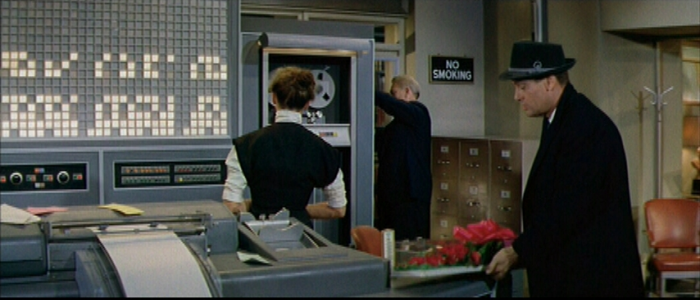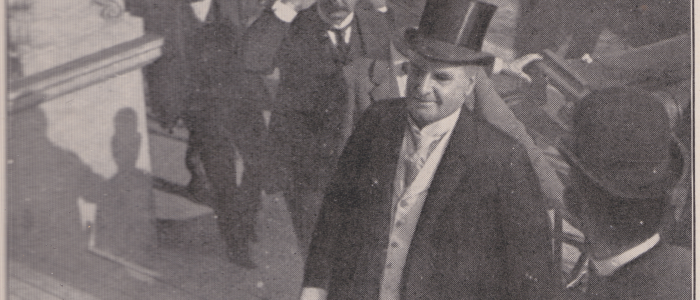Vaporizeware
A few months ago, I bought a USB floppy drive. I know what you’re thinking: what’s a floppy drive? See, back in the dark age of technology, data was stored on removable media that could hold up to — up to, mind you — 1.44 megabytes. I distinctly recall carrying all the data I owned in the world around in my breast pocket on three such diskettes. Nowadays this technology has fallen by the wayside, and only crusty old codgers like your humble narrator still remember it.
Crustier even than I is the United States Department of Defense, which recently revealed that the coordination of the nation’s entire nuclear arsenal — which amounts to more than five thousand warheads — is performed by software loaded on original 8-inch floppy disks running on a 1976 IBM Series/1 minicomputer.
Defense has plans to upgrade its nuclear-related technology system soon. Lt. Col. Valerie Henderson, department spokeswoman, said: "This system remains in use because, in short, it still works. However, to address obsolescence concerns, the floppy drives are scheduled to be replaced with Secure Digital devices by the end of 2017. Modernization across the entire Nuclear Command, Control, and Communications (NC3) enterprise remains ongoing."
I’ll be honest with you: it’s fun to pick on the government, but the argument "this system remains in use because… it still works" carries a lot of weight with me, especially considering that you and I will be paying the tab for any upgrades. Honestly, I want these things (assuming they must exist at all, of course) upgraded as infrequently as possible. Since CNBC is shocked at the downright gaucheness of the government using "creaky" technology, I would like to suggest that CNBC foot the bill for upgrading it and leave the rest of us alone.
On second thought, I’d like to suggest that it not be upgraded at all; do we really want the Treasury Department’s ability to assess tax liability to be more efficient or (God forbid) user friendly? Do we really want the tax system or the nuclear launch codes to be an option when the next Guccifer decides to take the United States government for a ride?



